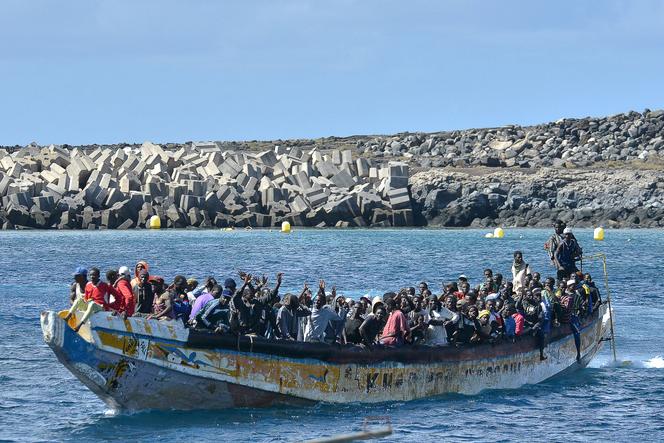


On Tuesday, November 28, European Commission President Ursula von der Leyen received representatives from some 60 countries in Brussels to launch a global alliance to combat human trafficking. "Migrant smuggling is a global, common challenge," she said. The subject had already been on the agenda of the European Political Community (EPC) meeting on October 5 in Granada, Spain, which brought together 44 of the continent's heads of state and government. Italy's Giorgia Meloni, France's Emmanuel Macron, the Netherlands' Mark Rutte and von der Leyen, among others, discussed the migration issue and the fight against human traffickers, who facilitate the entry of migrants to Europe. But now, two months on – and especially following the November 22 Dutch elections won by Geert Wilders, a far-right leader with an anti-immigration stance – the issue is high on the political agenda of the European Union (EU).
In 2022, Europe recorded 332,000 undocumented arrivals. "We might see a higher figure this year," noted Ylva Johansson, European commissioner for home affairs, who is particularly concerned about the repeal of the anti-trafficking law in Niger, which could reopen this route to Europe via Libya.
According to Frontex, "around 90% of those who cross the external European Union (EU) borders illegally do so with the assistance of migrant smugglers" and "over 15 000 people smugglers were reported to Frontex in 2022." This smuggling trade is said to earn its operators up to €6 billion worldwide every year, all the while, since 2014, it has led to the deaths of 28,000 people, mainly in the waters of the Mediterranean.
"The criminal organizations that manage migrant smuggling do not only exploit human suffering, but they also represent a broader security threat," said von der Leyen. This language suggests that it is vast networks in the hands of large mafia groups that are running the migration business. "In fact, the reality is more nuanced. There are a multitude of small groups of traffickers, ranging from 10 to 15 people, most of whom operate on a family or community basis," said Luigi Achilli, a researcher at the European University Institute in Florence, who has been studying the phenomenon for 20 years.
"These small groups, or independent individuals, interact on the various access routes and specialize in certain journey segments," continued the researcher. "The major criminal organizations, whether mafias in Europe or other groups such as the Islamic State group or Libyan militias in the Mediterranean, do not take part in trafficking but allow these groups to operate on their territory, collecting fees from them. It's more lucrative and less risky."
You have 50% of this article left to read. The rest is for subscribers only.
